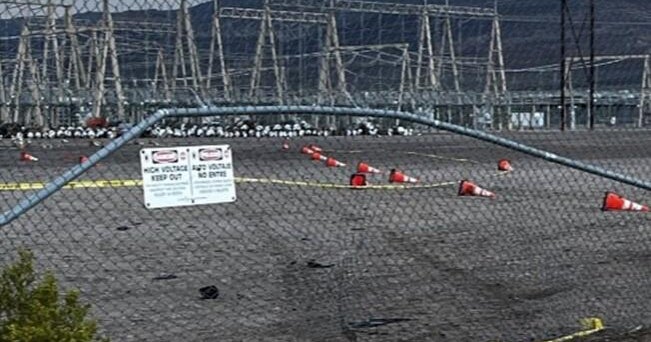Super Bowl Monday could cost companies roughly $4 billion
Don't be surprised if your coworker calls out "sick" Monday, as a record number of U.S. adults are expected to be sidelined Monday, Jan. 4, after the New England Patriots face off against the Los Angeles Rams in Super Bowl LIII.
Companies can count on an estimated 17.2 million employees missing work the day after the Super Bowl -- resulting in the loss of roughly $4 billion in productivity, according to the "Super Bowl Fever Survey" commissioned by workforce-services company Kronos Inc.
This year's estimate marks a record high -- surpassing 2016's high estimate of 16.5 million absent workers, Kronos reported. Legal betting markets are pointing to a particularly close game, with New England favored over L.A. by a mere 2.5 points, and experts say 103.4 million Americans are expected to tune into the game -- 61% of them employed.
"This year marks the largest anticipated day of Super Bowl-related absenteeism we've seen since ... Kronos began tracking this phenomenon in 2005. Both employees and their bosses continue to play hooky the day after the Big Game," said Joyce Maroney of Kronos.
No-show employees are expected to cost employers more than $2.5 billion in lost productivity according to the Challenger Gray & Christmas, Inc.'s "Super Bowl Productivity Loss Report." That number could be even higher this year as the firm's estimate is based on 13.9 million Americans playing hooky or requesting the day off Monday.
Distractions at work, late arrivals and early departures from the office will also put a damper on output Monday, with employees who do report to work turning in subpar performances after the big game, costing more billions through non-productivity.
"If all of the workers who watch the Super Bowl spend just one hour of their work day discussing the game or come in one hour late, the productivity losses could hit $1.7 billion," said Andrew Challenger, Vice President of Challenger, Gray & Christmas, Inc.
Businesses in the Los Angeles and New England areas are expected to see the most absences, according to Challenger.
"Especially with Los Angeles having their new team in the Super Bowl, win or lose, that market will likely see a lot of productivity loss after the game," he said.



